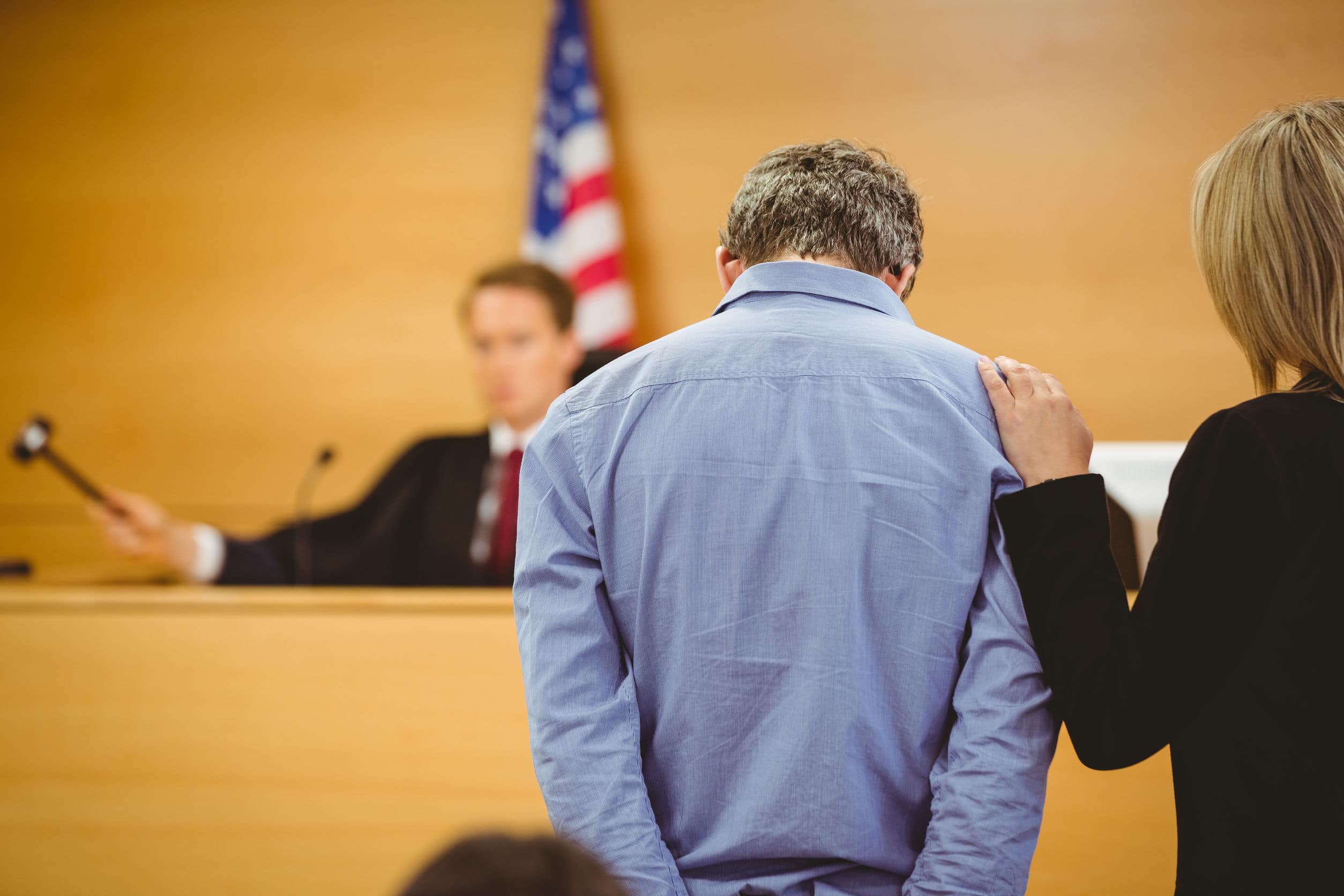The holiday season, which kicks off on Halloween, usually gives way to a rise in North Carolina DWI arrests. The NC Highway Safety Program works to combat the normal rise with a sober driving campaign which aims to remind folks how dangerous it is to drive while intoxicated.
The state’s “Booze It and Lose It” program was launched after statistics revealed significant numbers of people driving while impaired. In fact, North Carolina is one of the top 10 worst drunk driving states in the country.
The study this ranker was based on found that almost 30 percent of fatalities from motor vehicle accidents could be contributed to alcohol impairment in 2018.
If that isn’t sobering enough, perhaps understanding what can happen to you legally if you get charged with a DWI offense will be. Here’s what you need to know about DWIs in North Carolina and the potential punishments faced if you are found guilty.
What Leads to a North Carolina DWI?
DWIs (driving while impaired) in North Carolina can be charged if a person operates a vehicle on a street, highway, or another public area while they are under the influence of a substance that can impair them.
The law says you are legally impaired when you have a blood-alcohol level of 0.08 percent or higher, or when have any amount of a Schedule I controlled substance in their urine or blood. Schedule I substances include things such as:
- Opiates
- Hallucinogenics
- Opiate derivatives
- Stimulants
- Depressants
Even if someone has a legal prescription for any of the above, driving is prohibited when the drug is in your system.
Additionally, if a driver is under the age of 21 (legal drinking age) there is a zero-tolerance policy in the state. Any amount of alcohol or drugs in the system makes operating a vehicle illegal.
North Carolina Penalties for a DWI
If you are convicted of a DWI in North Carolina, the repercussions will depend on a few different factors, to include:
- Whether or not it’s your first DWI offense
- Whether any mitigating, aggravating or grossly aggravating factors were present
- Whether any injuries or deaths associated with the conduct of the driver occurred
Aggravating and Mitigating Factors
Aggravating and mitigating factors include things such as the injury or death of another, reckless driving, fleeing the scene of the accident, driving with a revoked license, voluntary entry into a treatment program after the arrest, a safe driving record.
Sentencing Levels
The levels of DWI sentencing rank from Level 1 to Level 5, plus an Aggravated Level 1 charge. An aggravated Level 1 DWI is the most serious while a Level 5 DWI is the least serious. Level 5 is likely to be applied when there aren’t any grossly aggravating factors and there are mitigating factors present as well.
Aggravated Level 1 can result in up to 36 months imprisonment and fines of $10,000. The judge will determine which punishment level fits the crime and base the actual sentence on the specific circumstances surrounding a given case.
Additional Penalties
At the judge’s discretion, an offender found guilty of a DWI may also face additional punitive or rehabilitating measures. Some of the most common include:
- Installation of an Interlock Ignition Device
- Revocation or suspension of your driver’s license
- Community service
- Drug and alcohol assessment and treatment
- Payment of all fees to the court related to the case









